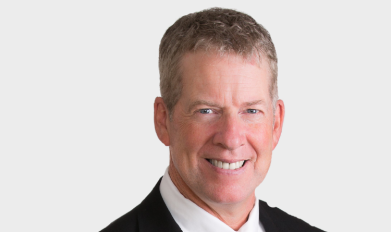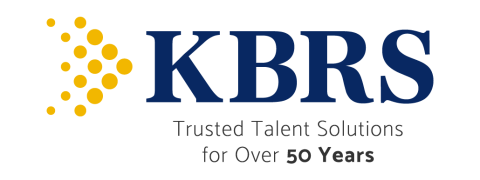Losing your job is tough under any circumstance. But when it happens during times of economic uncertainty or disruption in your industry, the path forward can feel especially unclear. Whether due to restructuring, downsizing, or changes entirely outside of your control, searching for a new role amid broader instability can be overwhelming.
You may find yourself wondering what shifting market conditions mean for your job prospects, how to stay motivated in an uncertain landscape, or even whether the career path you were following is still right for you. Our team of Career Transition specialists has helped hundreds of people navigate these very questions. Drawing on years of experience, they offer practical guidance and a reminder that even in challenging times, forward momentum is possible.
Phase 1: Orientation
It takes time to process the news that you’ve lost your job and to feel ready to move forward. As you begin to adjust to your new reality, it’s important to create a routine that works for you. With extra time on your hands, maintaining structure in your day can help restore a sense of normalcy and control.
This is a difficult situation, so be mindful of sources that may negatively impact your mental health, such as constant news updates. Instead, focus on activities that foster well-being.

Phase 2: Assessment
The journey through career transition is shaped by what drives and motivates you. An honest assessment of your skills, strengths, and values is a crucial first step toward identifying what you want in your next role. Assessment tools that can be accessed when working with a Career Transition professional can help individuals gain greater self-awareness and prompt meaningful reflection to inform your next steps.
Phase 3: Planning
With a deeper understanding of who you are and what you want, you are better equipped to develop a career plan for success. The job market is always evolving. Rapid changes in technology and employer needs are driving demand for new skills and roles. Take time to reflect on your transferable strengths and explore employment opportunities you may not have considered before. This stage is about aligning your goals with realistic, actionable next steps.
Phase 4: Learning & Networking
It may take time to find a role that’s the right fit for you. Use this pause to invest in learning and building relationships that can support your next move. Upskilling, whether through formal education or micro-learning platforms like LinkedIn Learning, can boost your confidence and competitiveness.
Not sure where to start? Reach out to people currently working in roles you aspire to. Ask what skills they recommend developing – this can be a natural conversation starter for networking.
Your network can be instrumental to identifying job leads, offering referrals, and helping you see your strengths from new perspectives. Whether connecting virtually or in person, there are plenty of resources online to help you prepare for meaningful networking conversations, including in this article.

Phase 5: Implementation
Once you’ve defined your goals, built a plan, and developed your skills to pursue it, the path forward becomes clearer. Even if the journey takes longer than expected, a focused, intentional job search can help you make your career goals a reality.
When the pace is slower than you hoped, take time to reflect on what you’ve learned – both throughout your career and during this transition. Fine tune your resume, polish your personal brand, and stay connected with people who can support and champion your journey.
When the right opportunity arises, it may feel like luck – but more often, it’s the result of a well-planned, well executed job search that you believed in and stayed committed to. Like many meaningful pursuits in life, navigating your next career move is a journey and it starts with taking one step forward.
Do you or your organization require career transition or outplacement support?
Learn how our team supports people impacted by job loss.

As a Senior Consultant at KBRS, Peter is a highly dependable, accountable and consummate professional with extensive experience in career transition consulting and coaching.






